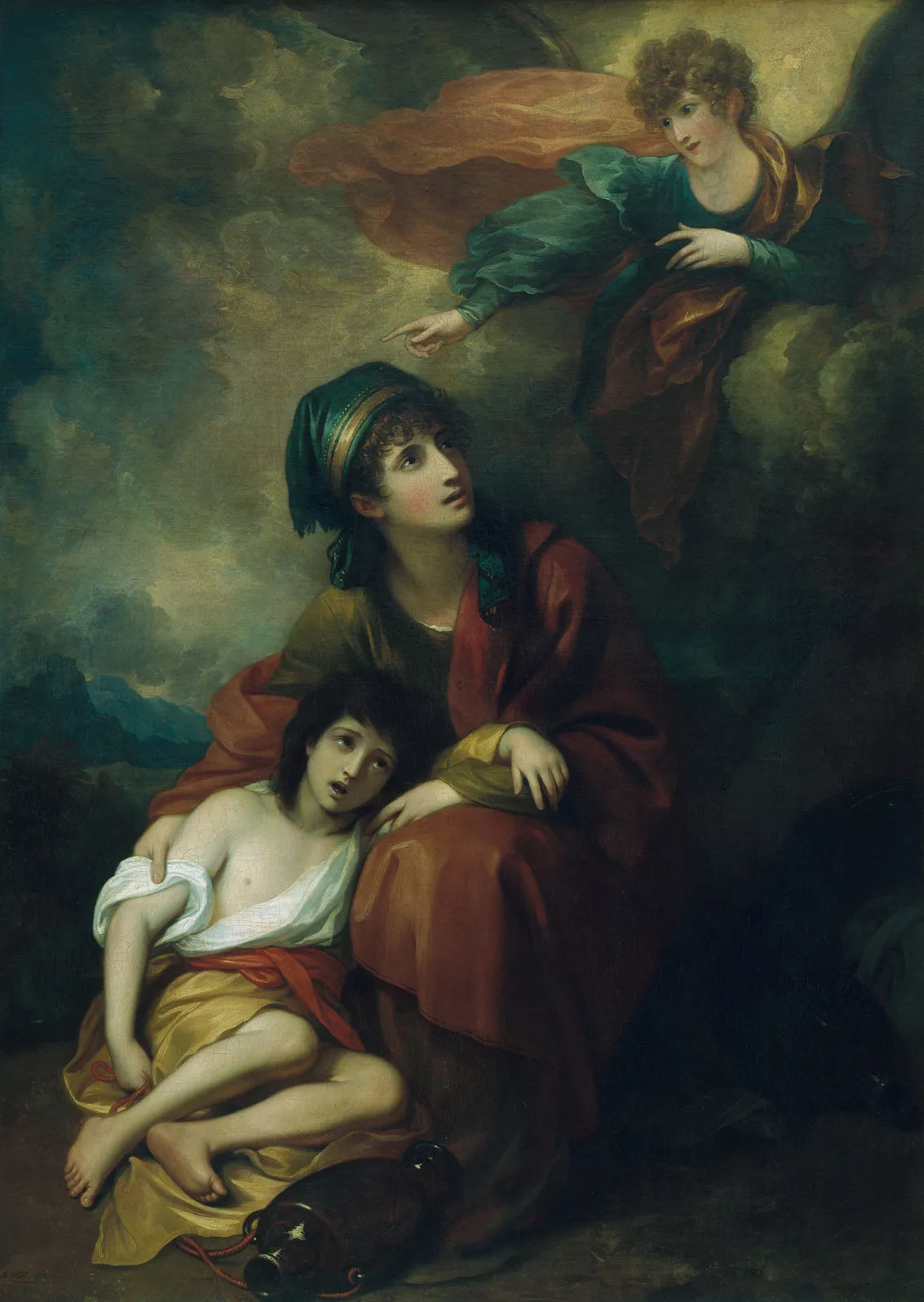The most powerful nations on earth subjugate surrounding nations.
The first-mentioned of the conquering kings, Amraphel, is commonly assumed to be Hammurabi of around 1750 BC. Interestingly, Hammurabi wrote a code of law with similarities to the laws written out by Moses. Many point to this as proof that the Mosaic laws were based on Hammurabi’s law code.
The above conclusion, however, does not include all the evidence.
Firstly, Hammurabi’s code has been found to be based on other codes written hundreds of years prior.
Secondly, all these older codes seem adulterated by the school of thought that higher status gives human beings higher value in the eyes of God; This does not underpin the Mosaic law. However, the non-Mosaic codes do prove the existence of common law for humanity, which has been expressed in various ways, with different slants.
Another interesting point is that Hammurabi existed around 1750 BC.
Upon closer examination of the Bible’s own chronology, 1750 BC does not coincide with the events of Genesis 14. So which chronology does one take as true, is more the question? Rabbinic tradition equates Amraphel with Nimrod, which could also be the case. In this site’s translation, we have deciphered Am-Raph-El as meaning “sink God’s people”, which echoes Nimrod’s “rebelling”.
A question arises when reading through the text:
1. Why is Amraphel mentioned first in the list of four foreign powers in verse 1, and then is only mentioned third in the list of verse 9?
2. Why is the revolt against control by CedorlaOmer mentioned as the reason for the campaign (verse 4).
An answer: Amraphel is the spiritual power and political head, and CedorlaOmer is the collector of tribute.
Avram conquers all, with divine help, and receives the blessing of God Most High.
Conquering the world’s greatest empires with an army of 318 combined with Avram’s three confederates would, under normal circumstances, be impossible. Suggested proofs that it really happened:
- What empire is going to record such a humiliating event?
(There doesn’t seem to be any extra-Biblical historical accounts). - Perhaps Hammurabi, who would have been well aware of the events of Genesis 14, decided to put some reforms into his own empire,
based on earlier law codes.
Avram receives confirmation of God’s Covenant regarding the Seed.
Avram follows Sarai’s suggestion to produce an heir by proxy.
The Covenant of God in Circumcision and its importance.
The promises of God to Abraham, Sarah, Isaac, and Ishmael.
The LORD and two angels materialize themselves in human form
and engage in conversation with Avraham and Sarah.
The angels head out for Sodom.
The angels arrive at Sodom.
Lot attempts to persuade his relatives to flee.
Sodom and the adjacent area are obliterated.
The origins of Moab and Ammon.

Private collection
Courtesy of the Web Gallery of Art
Abraham, Abimelech, and Sarah.
Isaac is born.
Family conflict.
God Omniscient Omnibenevolent intervenes.

Abraham and Abimelech cut a covenant.
Abraham is asked by God to make the ultimate sacrifice.
The announcement to Abraham of his brother Nahor’s extensive family.
